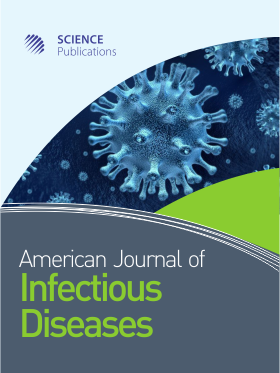Anti-Prm Antibody as an Autoantibody in Dengue Virus Infection
- 1 National Cheng Kung University, Taiwan
- 2 Center for Disease Control, China
Abstract
We have reported that anti-prM antibody is an enhancing antibody that enhances DV infection of non-Fc receptor bearing cells by dual specificity. We identified the epitope recognized by this anti-prM antibody, M3, which is located at the a.a.53-67of the prM protein nearby the prM/M cleavage junction and these anti-M3 antibodies could be detected in dengue patients sera. Surprisingly, this anti-prM antibody not only recognizes the prM protein of dengue virions, but also cross-reacts with epithelial cells, endothelial cells as well as T cells. The binding of anti-prM antibody to endothelial cells was dose-dependent and could be blocked by M3 peptides. Human M3-specific antibodies from dengue patient sera were demonstrated to be able to bind to endothelial cells and mediate ADE infection on K562 cells. Furthermore, the anti-prM antibody will mediate the antibody - dependent cell phagocytosis, leading to the similar severe form of DHF/DSS. In conclusion, anti-prM antibody plays two roles in the pathogenesis of dengue virus infection: to be an enhancing antibody and an autoantibody as well.
DOI: https://doi.org/10.3844/ajidsp.2008.60.68

- 3,832 Views
- 3,188 Downloads
- 4 Citations
Download
Keywords
- Autoimmunity
- molecular mimicry
- antibody
- virology
- endothelial cell
